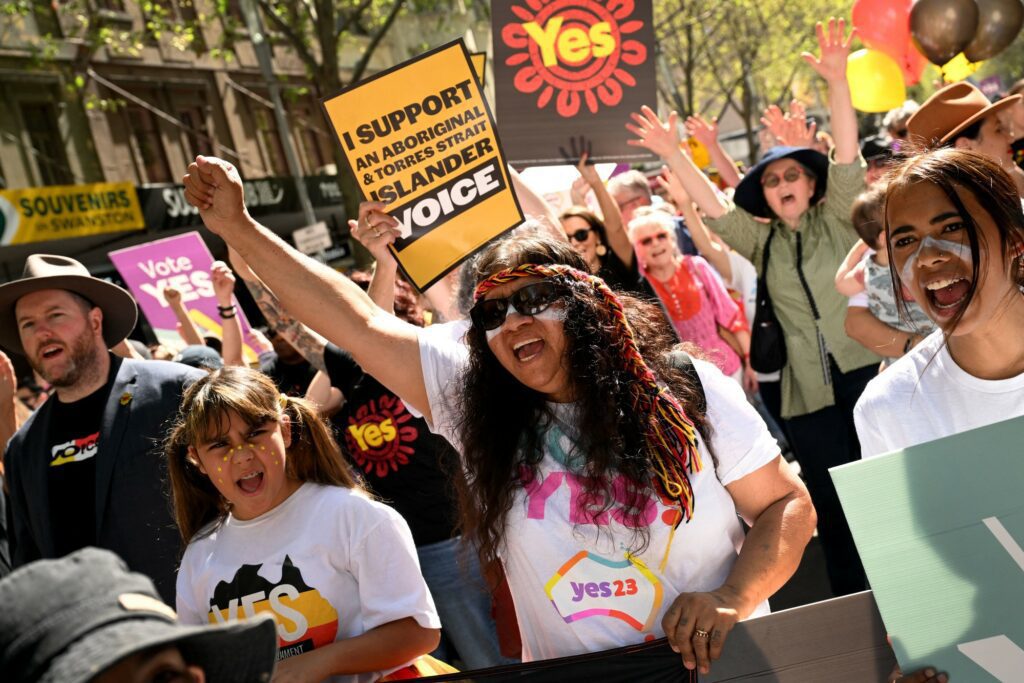Demonstrations organized by an opposition political party were banned. Opposition leaders remained arbitrarily detained. A triple epidemic hit the south of the country, highlighting the poor state of health centres. In Vindoulou, a lead recycling company continued its activities despite the absence of environmental impact assessments. Little progress was made on women’s rights.
Background
In August, the Congolese Labour Party of President Sassou Nguesso, in power for 38 years, obtained an absolute majority of the 72 seats at the senatorial elections, which took place against an economy marked by high inflation. Petrol prices rose by 25%, which in turn led to an increase in the cost of essential goods. A coalition against the high cost of living, comprising eight human rights NGOs, was set up in August to protest against the increases in the price of petrol. In May, three opposition political parties launched a petition against alleged government corruption. In October, the country held the Three Basins Summit, bringing together leaders from the Amazon, Congo and the Borneo-Mekong South East Asia regions.
Freedom of peaceful assembly
The Mouvement Républicain, an opposition political party, called for a demonstration on 9 March to pay tribute to Guy Brice Parfait Kolelas, the main opposition figure, who died during the March 2021 presidential election. The demonstration was banned by the prefect of Brazzaville, as was a further demonstration planned for 23 March. The prefect accused the Mouvement Républicain of undermining social cohesion and disturbing public peace, and stated that it did not have the documentary evidence to justify its status as a political party. A coalition of NGOs requested that the authorities adopt a law that would simply require the notification of planned demonstrations to the authorities, instead of the need to request authorization beforehand, thereby complying with international human rights standards.
Arbitrary detention
André Okombi Salissa, a candidate in the 2016 presidential election, remained in detention despite the UN Working Group on Arbitrary Detention declaring his detention as arbitrary and calling for his immediate release as well as compensation for the time he spent in detention. In 2019 he was sentenced to 20 years’ hard labour for “undermining the internal security of the State and illegal possession of weapons and munitions of war”.
Jean-Marie Michel Mokoko, another candidate in the 2016 presidential election, also remained in detention, despite the UN Working Group on Arbitrary Detention declaring his detention as arbitrary. He was sentenced in 2018 to 20 years’ imprisonment for the same crime of “undermining the internal security of the State and illegal possession of weapons and munitions of war”.
Right to health
In June an epidemic of shigellosis, cholera and typhoid spread across the south of the country. According to the WHO, as of 29 August a total of 2,389 suspected cases had been reported, including 52 deaths in the five departments of Niari, Pointe-Noire, Bouenza, Kouilou and Brazzaville. More than 90% of cases were concentrated in Dolisie, capital of Niari department.
On 26 July, the artist “DSP Malakay”, who had criticized the poor management of the epidemic by the local authorities in Dolisie – in particular the lack of medical resources to treat patients – was arrested by the police in Dolisie and detained before being released without charge on 2 August.
Right to a healthy environment
The residents of Vindoulou, a district of Pointe-Noire, launched legal proceedings in June to shut down a lead recycling plant located near their homes and a school. According to information provided by the residents’ collective, lead tests were carried out on at least 15 residents, all of whom had levels 10 times higher than the limits recommended by the WHO. Residents also denounced the lack of an environmental impact assessment for the plant, which has been in operation since 2013.
In April, the NGO the Centre d’Actions pour le Développement published a report on the management of the Ntokou-Pikounda national park. According to the NGO, the Indigenous population had been the victim of several forced evictions, excessive use of force and arbitrary detention by eco-guards.
Congo participated in the One Forest Summit, held in Libreville in Gabon in March. Among the summit’s recommendations were the creation of a €100 million fund to finance “biodiversity credits” for countries that had safeguarded their forests and biodiversity, and the creation of 10 million jobs in green industries. The NGO CCFD-Terre Solidaire denounced in a statement what it considered potential “greenwashing” and highlighted the absence of the voice of local populations at the summit.
At the conclusion of the Three Basins Summit in October, participants committed to preserving their forests while also insisting on the need for greater international cooperation to protect the forests.
Women’s rights
A World Bank report published in March, titled Women, Business and the Law 2023, welcomed the adoption of the 2022 Mouebera law on combating violence against women. It noted, however, that women do not receive the equivalent of full pay from their employer while on maternity leave and recommended reform of the labour code and the social security code to end discrimination, including the dismissal of workers due to pregnancy.
Source link : https://www.amnesty.org/en/location/africa/west-and-central-africa/congo/report-congo/
Author :
Publish date : 2021-08-20 16:28:03
Copyright for syndicated content belongs to the linked Source.
